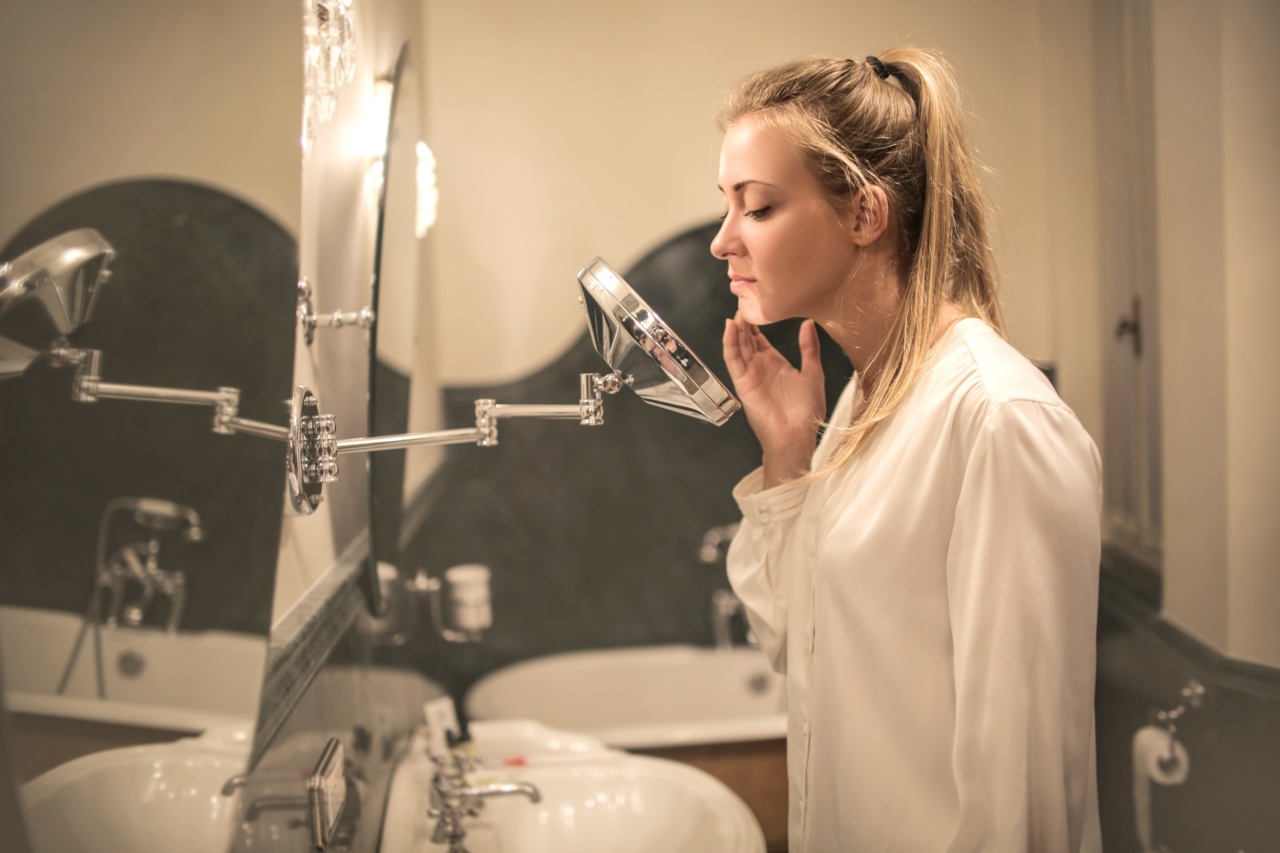Acne is a common skin condition that affects people of all ages. It can be a frustrating and embarrassing problem, especially when it appears on the face. Fortunately, there are steps you can take to prevent acne and maintain clear skin.
In this article, we’ll discuss some of the most effective methods for avoiding acne and achieving healthy, glowing skin.
What Causes Acne?
Acne occurs when the hair follicles on our skin become clogged with oil and dead skin cells. This can lead to the formation of pimples, blackheads, and other blemishes. Several factors can contribute to acne, including:.
- Excessive oil production in the skin
- Clogged hair follicles
- Bacterial growth on the skin
- Hormonal changes
- Stress
The good news is that many of these factors are within our control, and there are steps we can take to prevent acne and maintain clear skin.
10 Tips for Clear Skin
1. Wash Your Face Twice Daily
One of the most important steps you can take for clear skin is to keep your face clean. Washing your face twice a day, in the morning and before bed, can help to remove excess oil, dirt, and impurities from your skin.
Be sure to use a gentle cleanser that won’t strip your skin of its natural oils.
2. Exfoliate Regularly
Exfoliation can help to remove dead skin cells and unclog pores, which makes it an important step in preventing acne. However, be careful not to overdo it, as too much exfoliation can irritate your skin and cause inflammation.
Aim to exfoliate once or twice a week using a gentle scrub or exfoliating tool.
3. Moisturize Your Skin
Moisturizing is essential for maintaining healthy skin. Even if you have oily skin, using a lightweight moisturizer can help to balance your skin’s natural oils and prevent excess oil production.
Look for a moisturizer that is non-comedogenic, which means it won’t clog your pores.
4. Avoid Using Harsh Products
Some skin care products can actually do more harm than good when it comes to preventing acne. Harsh chemicals and abrasive scrubs can irritate your skin and cause inflammation, which can lead to breakouts.
Look for gentle, non-irritating products instead.
5. Eat a Healthy Diet
What you eat can have a big impact on the health of your skin. Foods that are high in sugar or refined carbohydrates, such as white bread and pasta, can cause spikes in insulin levels that can contribute to acne.
Instead, focus on eating a healthy, balanced diet that includes plenty of fruits, vegetables, lean proteins, and whole grains.
6. Stay Hydrated
Drinking plenty of water is essential for maintaining healthy skin. When you’re dehydrated, your skin can become dry and flaky, which can lead to breakouts.
Aim to drink at least 8 glasses of water per day, and more if you’re exercising or spending time in hot weather.
7. Manage Stress
Stress can have a major impact on your skin, as it can cause inflammation and hormone imbalances that can lead to breakouts. Practice stress-management techniques such as meditation, yoga, or deep breathing to help keep your stress levels in check.
8. Get Enough Sleep
Getting enough sleep is essential for overall health, including the health of your skin. When you’re sleep-deprived, your body produces more cortisol, a stress hormone that can contribute to acne.
Aim to get 7-8 hours of sleep per night to support healthy skin.
9. Exercise Regularly
Regular exercise not only supports overall health, but it can also be beneficial for preventing acne. Exercise helps to improve circulation and reduce inflammation, both of which can help to keep your skin healthy and clear.
Aim to get at least 30 minutes of moderate exercise most days of the week.
10. Protect Your Skin from the Sun
Exposure to the sun’s harmful UV rays can cause damage to your skin and increase your risk of skin cancer. It can also contribute to acne by causing inflammation.
Be sure to protect your skin by wearing a broad-spectrum sunscreen with an SPF of at least 30, and avoid spending prolonged periods of time in the sun.
Conclusion
Acne can be a frustrating and embarrassing problem, but there are steps you can take to prevent it and maintain clear, healthy skin. By following these 10 tips, you can help to keep your skin clear and glowing.
Remember to be patient and consistent in your skin care routine, and don’t hesitate to seek the advice of a dermatologist if you’re struggling with persistent acne.






























